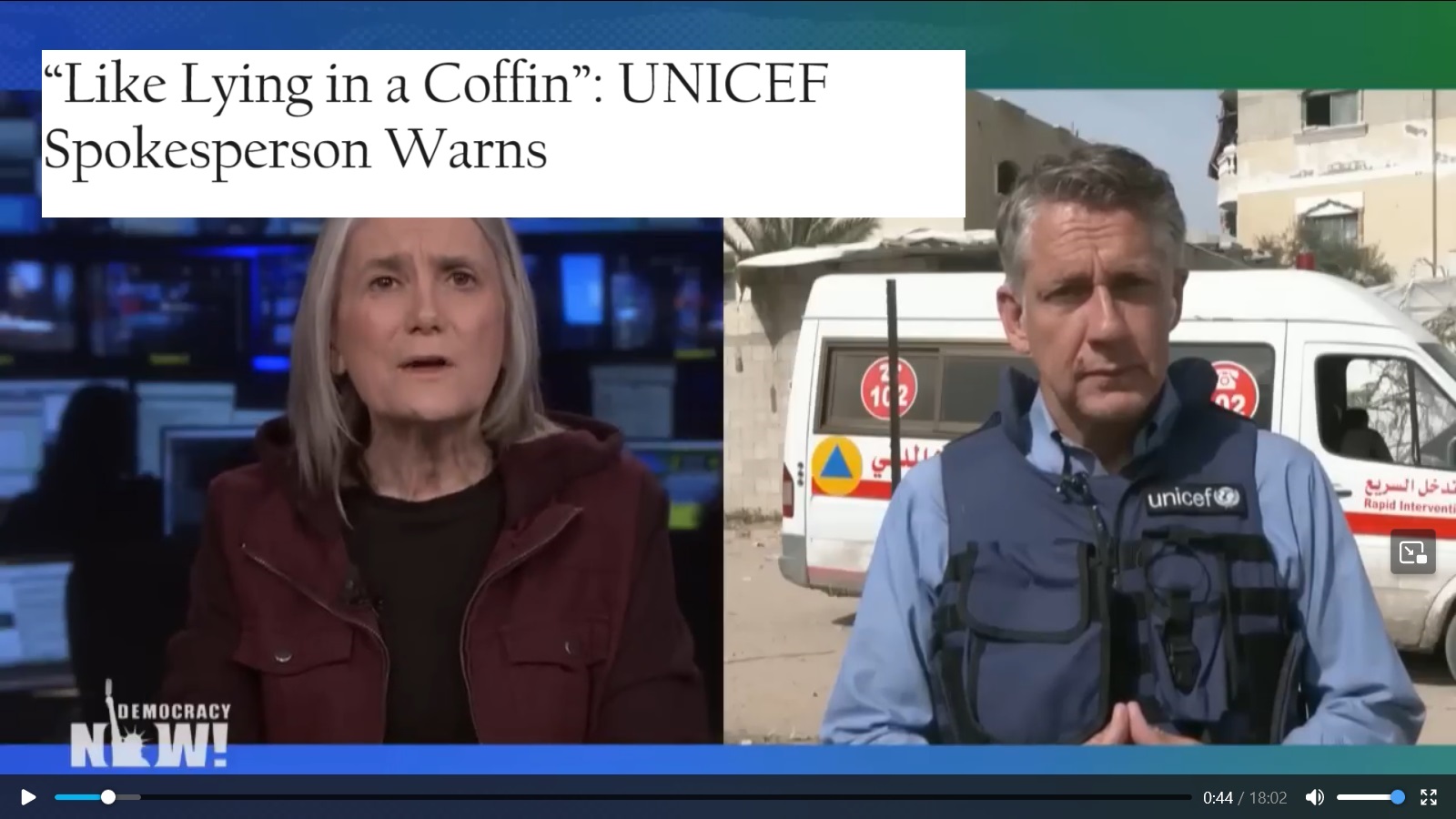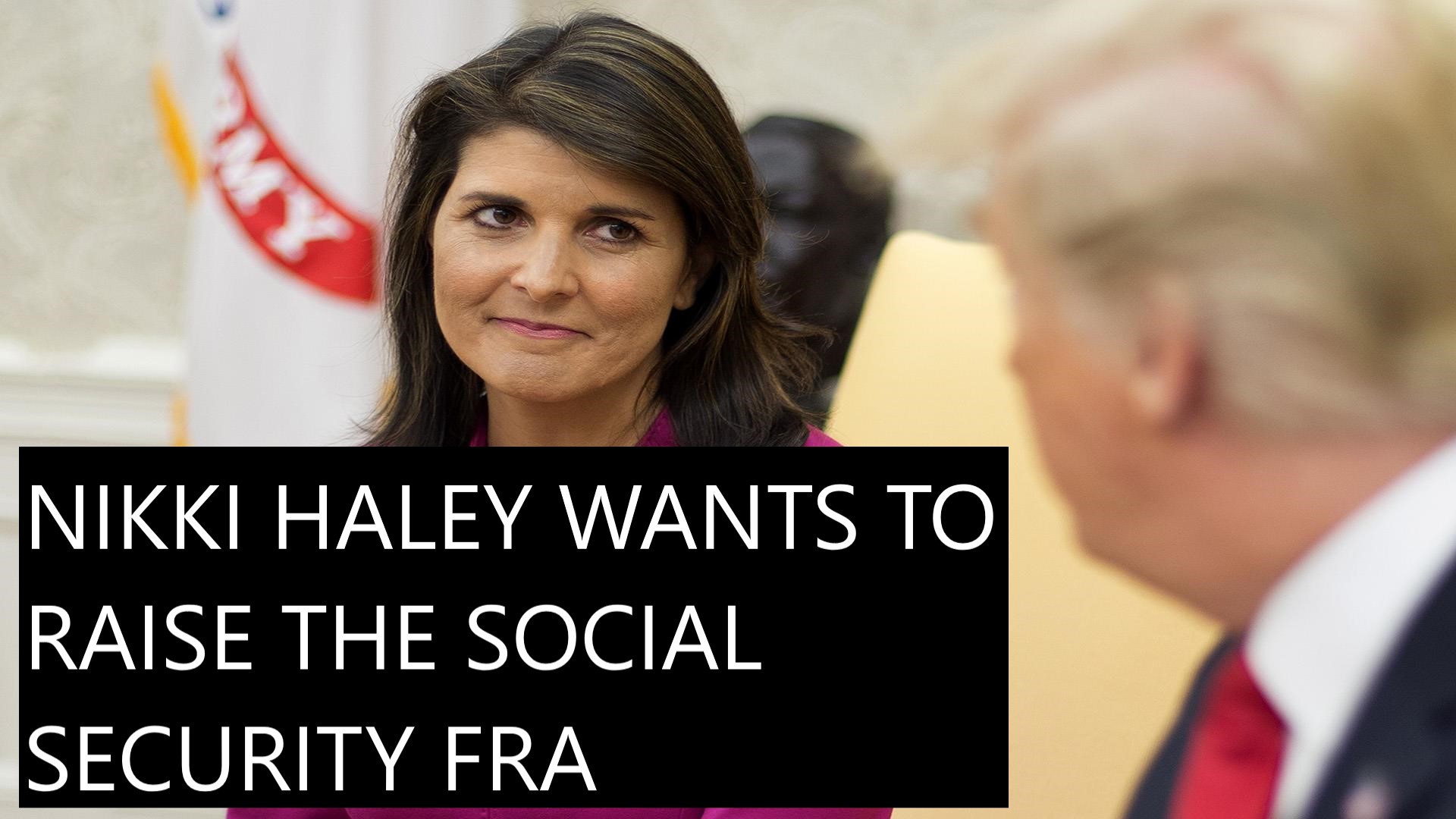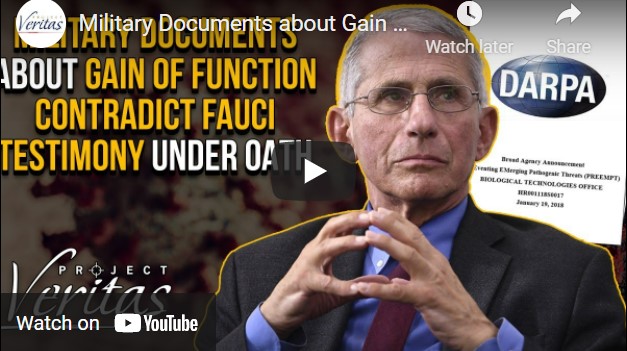Bill Clinton 'lost vital White House nuclear codes'
 Thursday, October 21, 2010 at 09:23AM
Thursday, October 21, 2010 at 09:23AM For several months during Bill Clinton's administration, a former top military officer says the White House lost the card with a set of numbers for opening the briefcase containing the codes for a nuclear attack.
Gen Hugh Shelton, who was Chairman of the Joint Chiefs of Staff at the time, said in his new memoir, "Without Hesitation: The Odyssey of an American Warrior" that "the codes were actually missing for months. That's a big deal -- a gargantuan deal."
A similar claim was made by Lt Col Robert Patterson, a former aide, in a book published seven years ago. He was one of the men who carried the briefcase, known as the "football", and he said that the morning after the Monica Lewinsky scandal broke that he made a routine request of the president to present the card so that he could provide an updated version.
"He thought he just placed them upstairs," Lt Col Patterson recalled. "We called upstairs, we started a search around the White House for the codes, and he finally confessed that he in fact misplaced them. He couldn't recall when he had last seen them."
He said the President lost the card holding the codes, which is known as the biscuit, in 1998, but according to Gen Shelton, the card went missing in 2000.
Former president Jimmy Carter was rumoured to have once left the '"biscuit" in a suit that was sent to the dry cleaners.















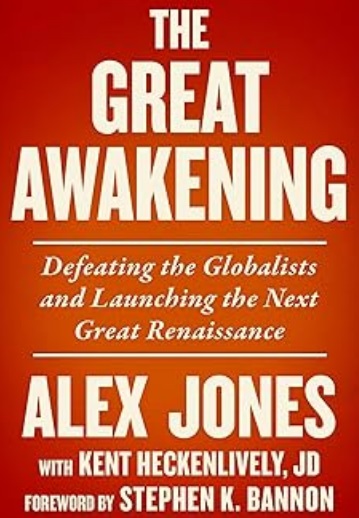



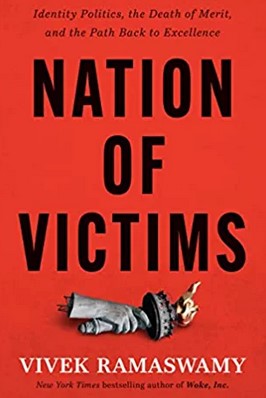
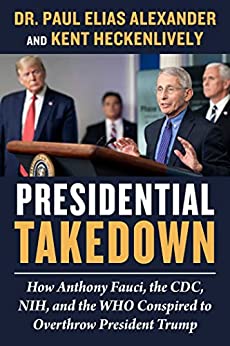

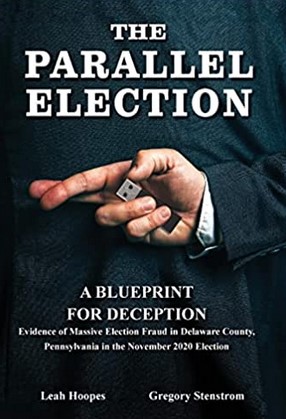


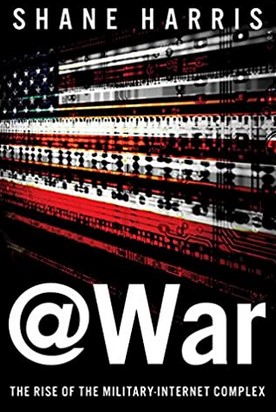




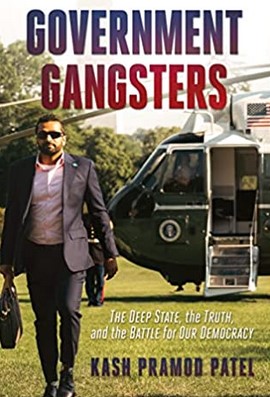
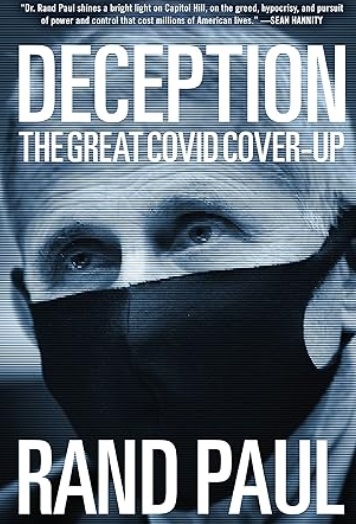










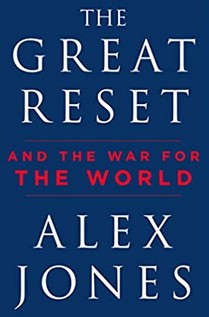



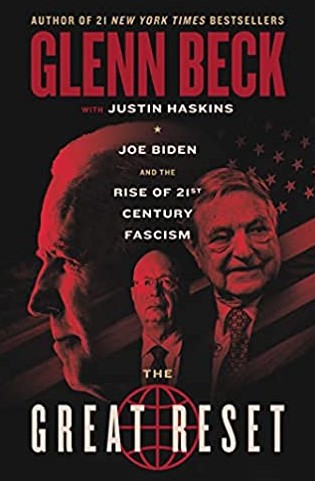






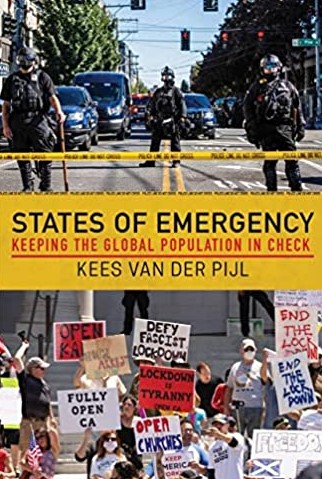

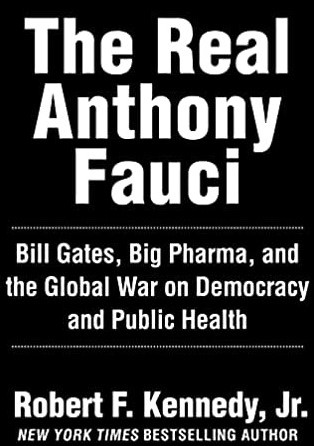

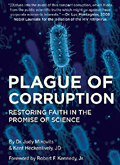
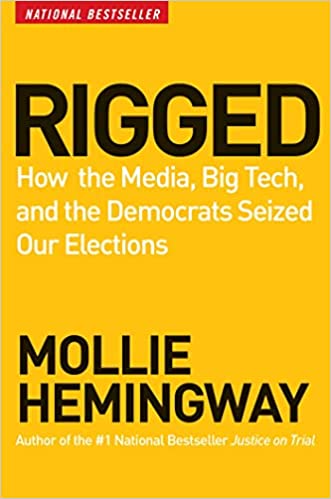








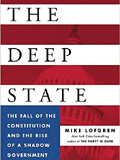
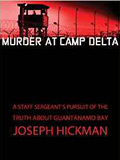
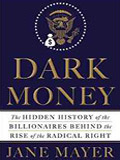

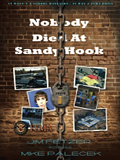
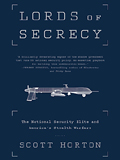



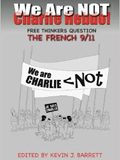



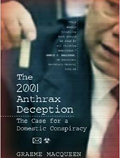


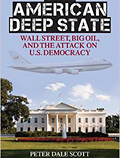

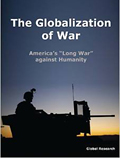
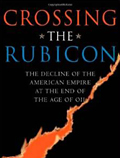
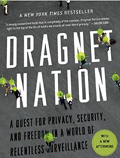
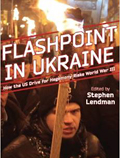



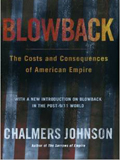




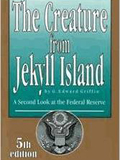




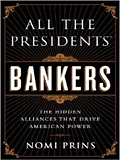
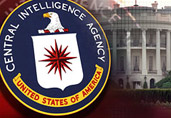 Three weeks before a man claiming to be an al-Qaida turncoat blew himself up at an
Three weeks before a man claiming to be an al-Qaida turncoat blew himself up at an 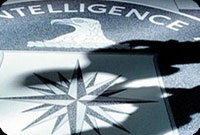 For 30 years, the National Endowment for Democracy (NED) subcontracts the legal part of the illegal operations of the CIA. Without arousing suspicion, she has established the largest network of corruption in the world, buying trade unions and employers, political parties of left and right, for they represent the interests of the United States rather than those of their members. Thierry Meyssan described by the extent of this device.
For 30 years, the National Endowment for Democracy (NED) subcontracts the legal part of the illegal operations of the CIA. Without arousing suspicion, she has established the largest network of corruption in the world, buying trade unions and employers, political parties of left and right, for they represent the interests of the United States rather than those of their members. Thierry Meyssan described by the extent of this device. There are those who say the US is doomed, that there is no way out from our problems with deficits, future entitlement promises, and a dysfunctional political system. And in my darker moments I worry that they are right.
There are those who say the US is doomed, that there is no way out from our problems with deficits, future entitlement promises, and a dysfunctional political system. And in my darker moments I worry that they are right.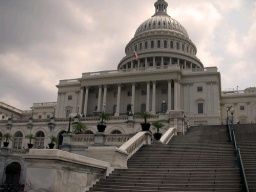
 He wants everything to be as it was before. He wants it to be as innocent and passionate, as honest and boundless. He wants it to be as full of promises and the conviction that everything is possible in the Land of Opportunity. Because, as he told his supporters back then, "We are the ones we've been waiting for." It was a rallying cry so powerful and romantic it sounded like a line from a good song.
He wants everything to be as it was before. He wants it to be as innocent and passionate, as honest and boundless. He wants it to be as full of promises and the conviction that everything is possible in the Land of Opportunity. Because, as he told his supporters back then, "We are the ones we've been waiting for." It was a rallying cry so powerful and romantic it sounded like a line from a good song. The US Pentagon said yesterday that it had a 120-member team prepared to review a massive leak of as many as 500,000 Iraq war
The US Pentagon said yesterday that it had a 120-member team prepared to review a massive leak of as many as 500,000 Iraq war 